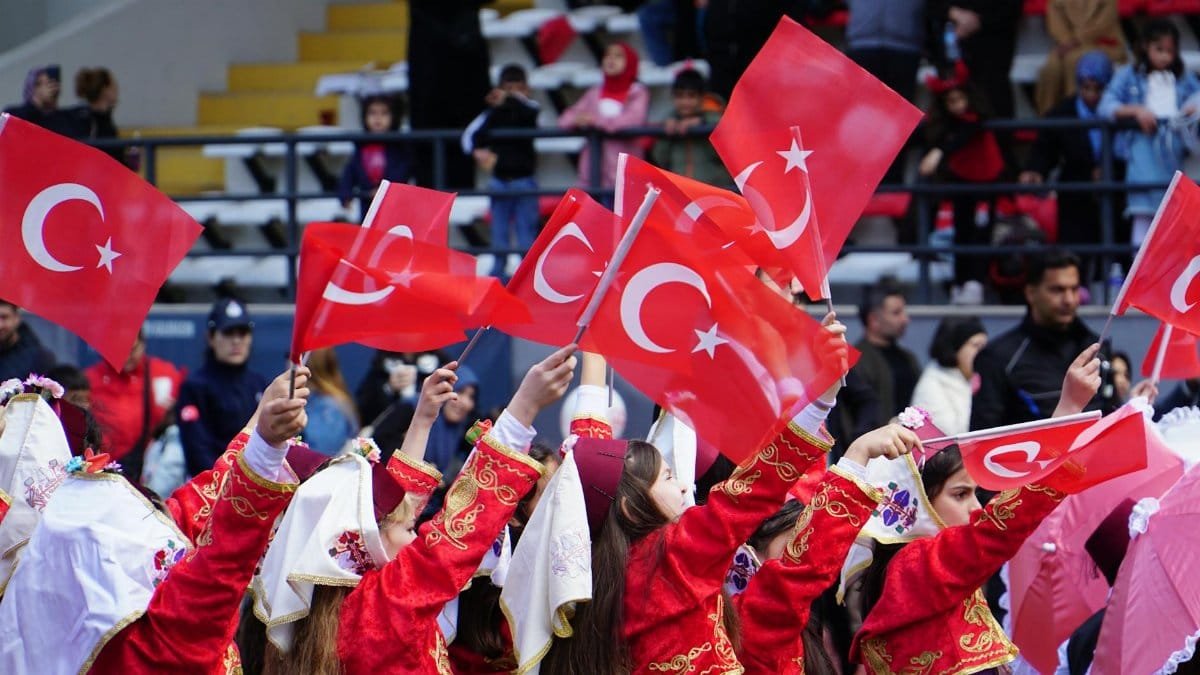Is the patriotism paradox values clash tearing America apart? Across the nation, citizens are grappling with a profound conflict: how to love their country while rejecting aspects of its current trajectory. From heated debates over flag displays to disagreements on policy, this tension is reshaping how Americans define loyalty in 2025. As political divides deepen, the struggle between national pride and personal beliefs has never been more palpable. This isn’t just an abstract issue—it’s playing out in homes, workplaces, and public squares every day.
What Is the Patriotism Paradox?

At its core, the patriotism paradox emerges when devotion to country collides with disagreement over its actions or ideals. For many, waving the flag feels hollow if they believe America is straying from its founding principles. Others argue true patriotism means supporting the nation, flaws and all. This clash is intensifying as cultural and political polarization grows, leaving Americans to question what loyalty really means.
Why It’s Hitting Hard in 2025

With a contentious election cycle behind us and ongoing debates over social issues, 2025 has become a flashpoint for the patriotism paradox. Surveys show growing numbers of Americans feel torn between national identity and personal ethics. According to a recent study by Pew Research Center, nearly 40% of respondents say they struggle to reconcile their love for the U.S. with its current policies. This discord is visible in protests, social media rants, and even family arguments.
Symbols Under Fire

The American flag, once a unifying emblem, now often sparks division. Some see kneeling during the national anthem as a betrayal; others view it as the ultimate patriotic act—demanding better from a nation they cherish. In small towns and big cities alike, symbols of patriotism are battlegrounds for deeper value clashes. A Texas teacher recently told local news, “I love my country, but I can’t ignore its mistakes. That’s my patriotism.”
Policy Disagreements Fuel the Divide

From immigration to gun control, policy disputes are a major driver of the patriotism paradox values clash. Many Americans feel that supporting certain laws means abandoning their moral compass, while others insist dissent undermines national unity. Data from Gallup indicates that trust in government institutions is at historic lows, amplifying this tension. When core beliefs conflict with national direction, where does allegiance lie?
Generational Splits Widen the Gap

Younger generations often view patriotism through a critical lens, prioritizing systemic change over blind loyalty. Older Americans, meanwhile, may lean toward traditional expressions of pride, like military service or flag reverence. These differing perspectives create friction, with each side accusing the other of misunderstanding what it means to be a “true” American. Social media platforms only magnify these generational rifts, turning nuanced debates into shouting matches.
Can the Paradox Be Resolved?

Finding common ground isn’t easy, but some experts suggest focusing on shared values like freedom and justice could bridge the gap. Initiatives promoting civil dialogue are gaining traction in 2025, though skepticism remains. A report from Brookings Institution argues that rebuilding trust in democratic processes is key to easing these tensions. Until then, Americans must navigate this uneasy balance between love of country and personal conviction.
The Everyday Impact

This clash isn’t just theoretical—it affects daily life. Workplace discussions about national issues can turn hostile. Community events, once unifying, now risk alienating attendees with differing views. Some families even avoid political topics altogether to keep the peace. The patriotism paradox is forcing Americans to rethink how they engage with each other, and whether unity is still possible in a fractured landscape.
